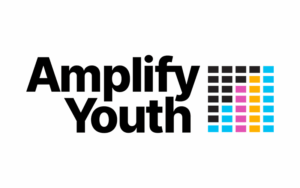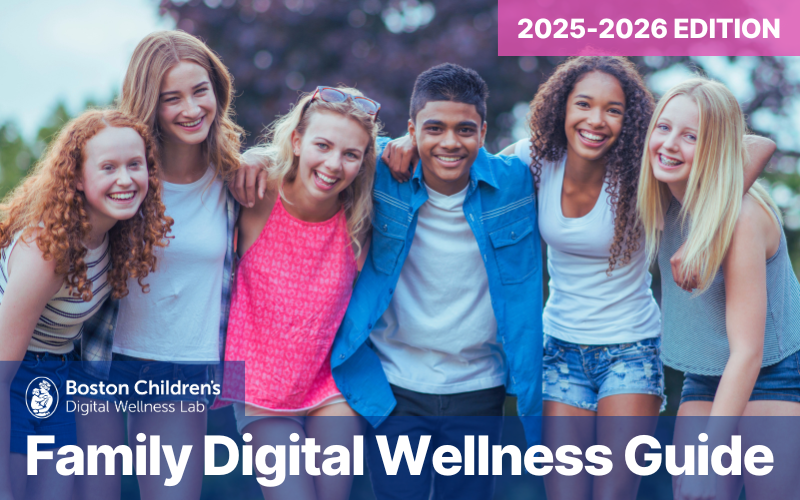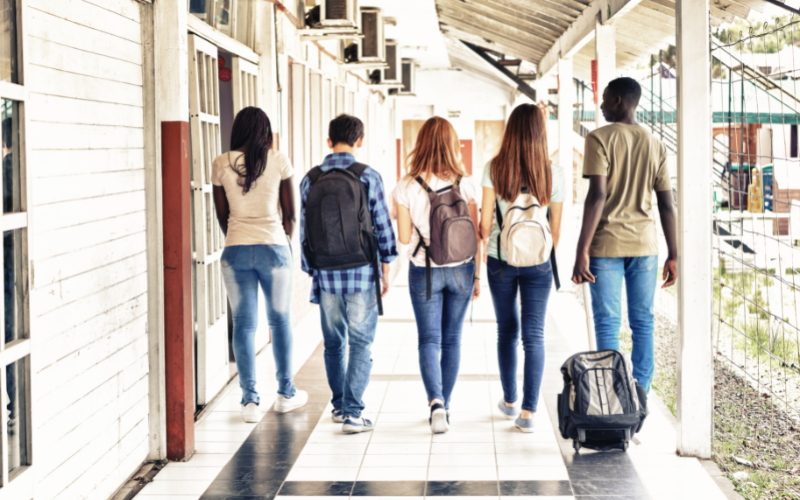I was a freshman in high school when COVID-19 first hit in the middle of March, 2020. Like every other student, I was more than happy not to have school for two weeks. But as the break kept getting extended, I started to actually miss school, which was something I never thought I would say. I missed seeing my friends every day, I missed spending time with them at lunch, and I missed making so many great memories at school.
During the pandemic I began to drift from a lot of my friends: what was there to talk about anymore when you do nothing but sit around at home all day? I became depressed and bored without friends and sports. I had a fear of gaining weight, so I would try to stay active by going on walks/runs, playing volleyball in the backyard, and basketball in the driveway, but it’s hard when you have no motivation or determination for anything. All you could do was eat, watch TV, and go on social media. Every day felt the same.
When I started my sophomore year of high school in the fall, we were hybrid, so some days I was in person and some days I was remote. In every classroom, the desks had to be 6 feet apart and every day was a half day because our cafeteria was too small to fit everyone with social distancing. So not only was I distanced from my friends, I didn’t even get to enjoy a break of lunch anymore because we were forced to be isolated. All anyone had was themselves. Nothing was like the past and I missed it.
Adapting to remote learning was definitely a challenge. I would lose focus very easily sitting and staring at a screen. It’s hard to understand and ask questions on Zoom because you feel so isolated and alone. Considering that I was someone who didn’t speak up much in class when we were in person, it was very hard for me to get the help I needed remotely as well. This experience brought on a lot of anxiety for a lot of students because it was not easy. On the other hand, sometimes I think I took this time for granted, because even though there were many bad parts about remote learning, there were advantages to it as well. For most classes we had no tests due to the lack of time we could spend in a room together, which reduced a ton of stress. On remote days we would get to sleep in until 11. Having a laid back schedule was relaxing, but these did compromise one thing for certain: our learning.
Because of the lack of school that I got in my sophomore year, during my junior year–when we were fully back in person–it was hard to pick back up on lots of homework, tests, quizzes, and projects. Meanwhile, junior year is one of the most important because it prepares you for college, and the class of 2023 definitely got thrown into the deep end. Teachers didn’t understand how the pandemic affected our learning styles. We became so used to everything being handed to us. During the pandemic we had guided notes, open note quizzes, and little to no homework. So when we came back to reality, it was hard to fully adjust to all the pressure of doing mostly everything on our own. It was very overwhelming and stressful.
Some advice I would give for parents is to not be too hard on their kids, especially while getting ready for college. Try to be understanding and check in on how they are doing mentally because most of our school experience was mentally draining. Every once in a while you should ask them how they are doing. But encourage them to elaborate on their feelings and not just give a one-word answer. Don’t interrupt them, change the subject, or do anything to make them think that they are wrong, because that will only make matters worse. We did not have a normal high school experience and a lot was taken from us, so be cautious how you communicate with your teen because they could be silently struggling.
Allison Flewelling is a Peabody Memorial High School student interested in a career in medicine. During the summer of 2022, she was a COACH intern with the Center for Adolescent Behavioral Health Research (CABHRe).








